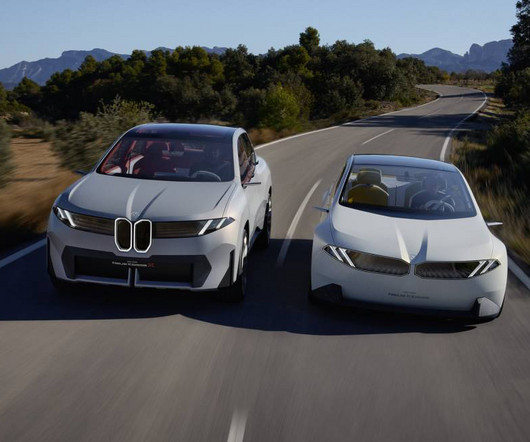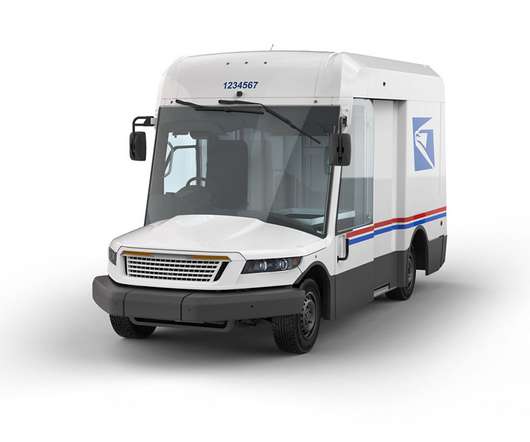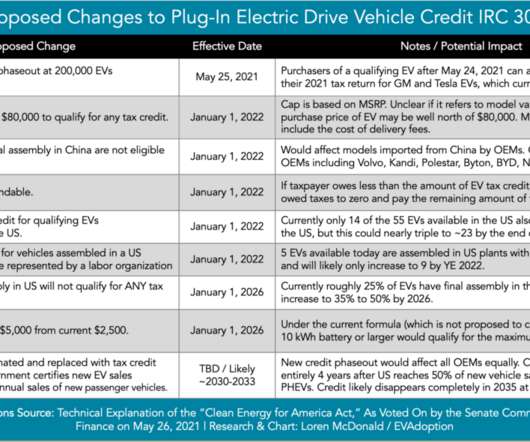VW ID.4 review, Audi Q6 E-Tron preview, Lexus RX PHEV, Trump EV tariff: The Week in Reverse
Baua Electric
MARCH 23, 2024
Meanwhile, it confirmed “a financing commitment” of up to $150 million, said it continues to negotiate with another automaker—reportedly Nissan—over a strategic partnership, and is pursuing a franchised-dealership model. It also nearly doubles the number of fast-chargers Rivian drivers can access through the interface.










Let's personalize your content